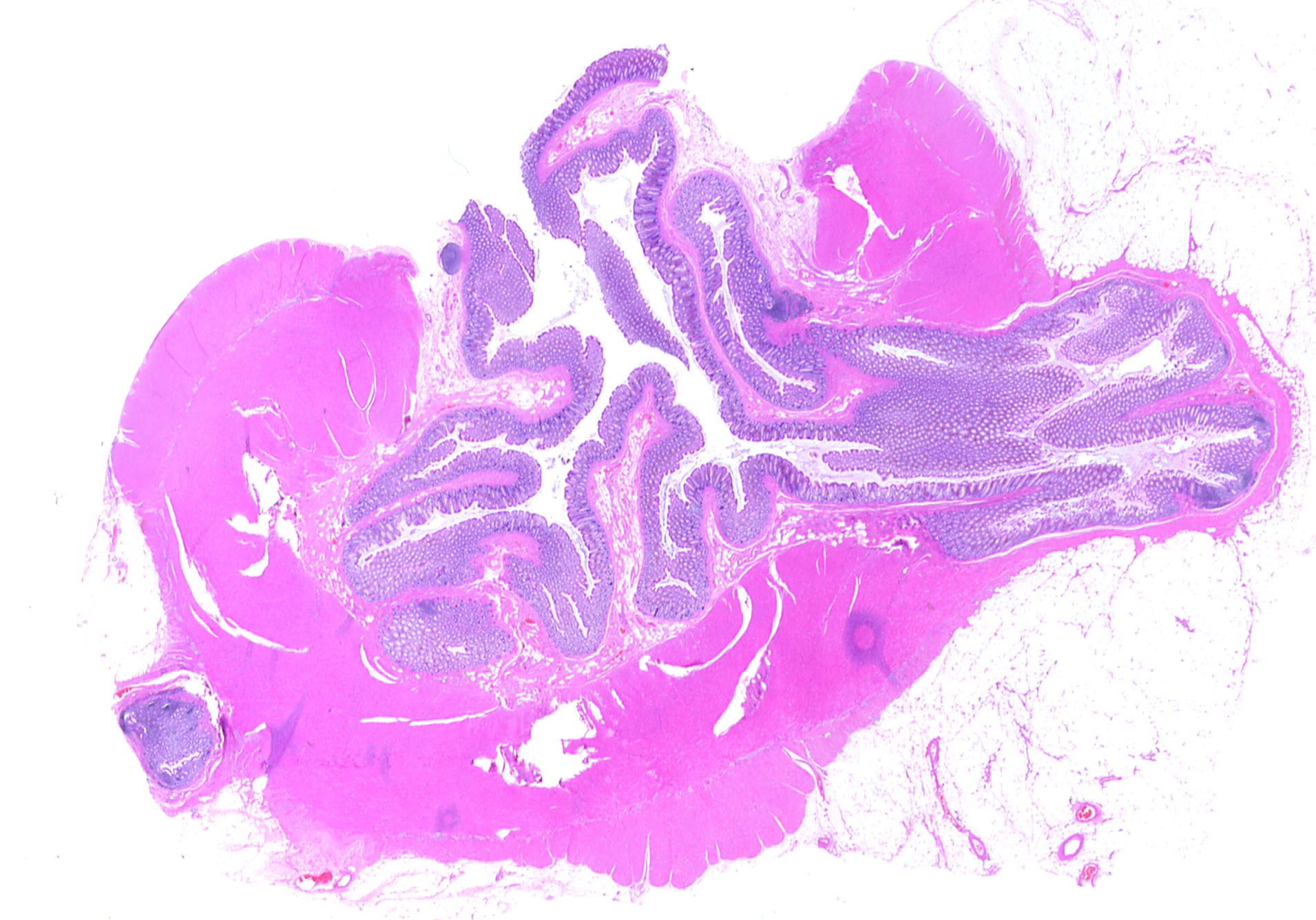
Diverticulosis is a gastrointestinal tract disorder and it features with a formation of small pouches in the lining of the large intestine called diverticula.
The large intestine has primary function to eliminate waste products from the body. It also preserves water. A chronic pressure on the muscular bands in the colon may cause a bulging pouch of tissue to protrude out from the intestinal wall. Diverticulosis predominantly affects people above the age of 40.
There are certain risk factors associated with the onset of diverticulosis. The condition more frequently affects older people, those whose diet is rich in red meat and fat and poor in fiber and people who are suffering from chronic constipation. In some cases the onset of the disease is connected with certain connective tissue disorders that affect the intestinal wall.
Diverticulosis: Symptoms
In majority of cases diverticulosis is asymptomatic. Patients are not even aware of the presence of pouches in their intestine. However, in some cases diverticulum may cause certain symptoms such as abdominal pain, cramps, bloating, bouts of constipation and bouts of diarrhea. In severe cases the stool may contain red blood clots.
Diverticulosis: Treatment
The very presence of diverticulum may not cause any symptoms at all. The situation changes once the pouch gets inflamed. Inflammation of diverticulum is known as diverticulitis. The actual cause of this inflammation is still unknown. The inflammation may be associated with constriction of the blood supply to the thin walls of the pouch by waste material. The blood constriction makes the wall susceptible to bacterial infection.
Treatment for diverticulosis initially includes lifestyle changes. If this does not help with the symptoms the person may be prescribed certain medications.
It is essential for patients to consume plenty of fibers. The diet should be rich in fresh fruit, vegetables, whole grains, cereal products and bran. The daily recommendation for fiber is 20 to 35 grams. All the people suffering from diverticulosis must stay away from foods that contain indigestible roughage (celery, corn etc.). Furthermore nuts, popcorn hulls and seeds of sunflower, pumpkin, caraway and sesame may be consumed moderately but it is the best to be avoided. The alleviation of symptoms can be achieved by maintaining a normal bowel routine. The food should not be too hot or too cold.
Additional help is obtained from an intake of plenty of water. At least 6-8 glasses of water are supposed to be taken each day. Any kind of irritants such as alcohol beverages or smoking are banned. And finally, if one does not consume enough fibers they can be obtained from a fiber supplement such as Metamucil or Hydrocil.
Medicamentous and surgical treatment is usually necessary in case of diverticulitis. Still even if there is not an inflammation of the diverticulum, and patients complain about abdominal pain they may be prescribed anti-spasmodic medications.


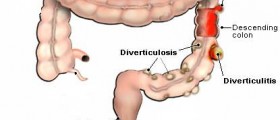
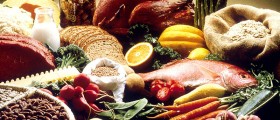

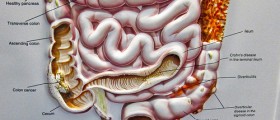
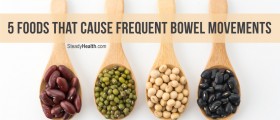

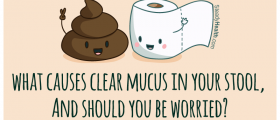


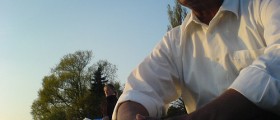
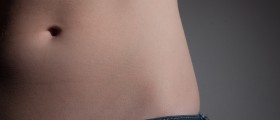
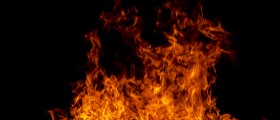
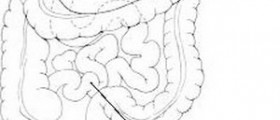
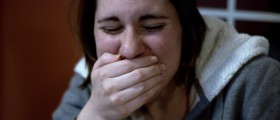

Your thoughts on this
Loading...